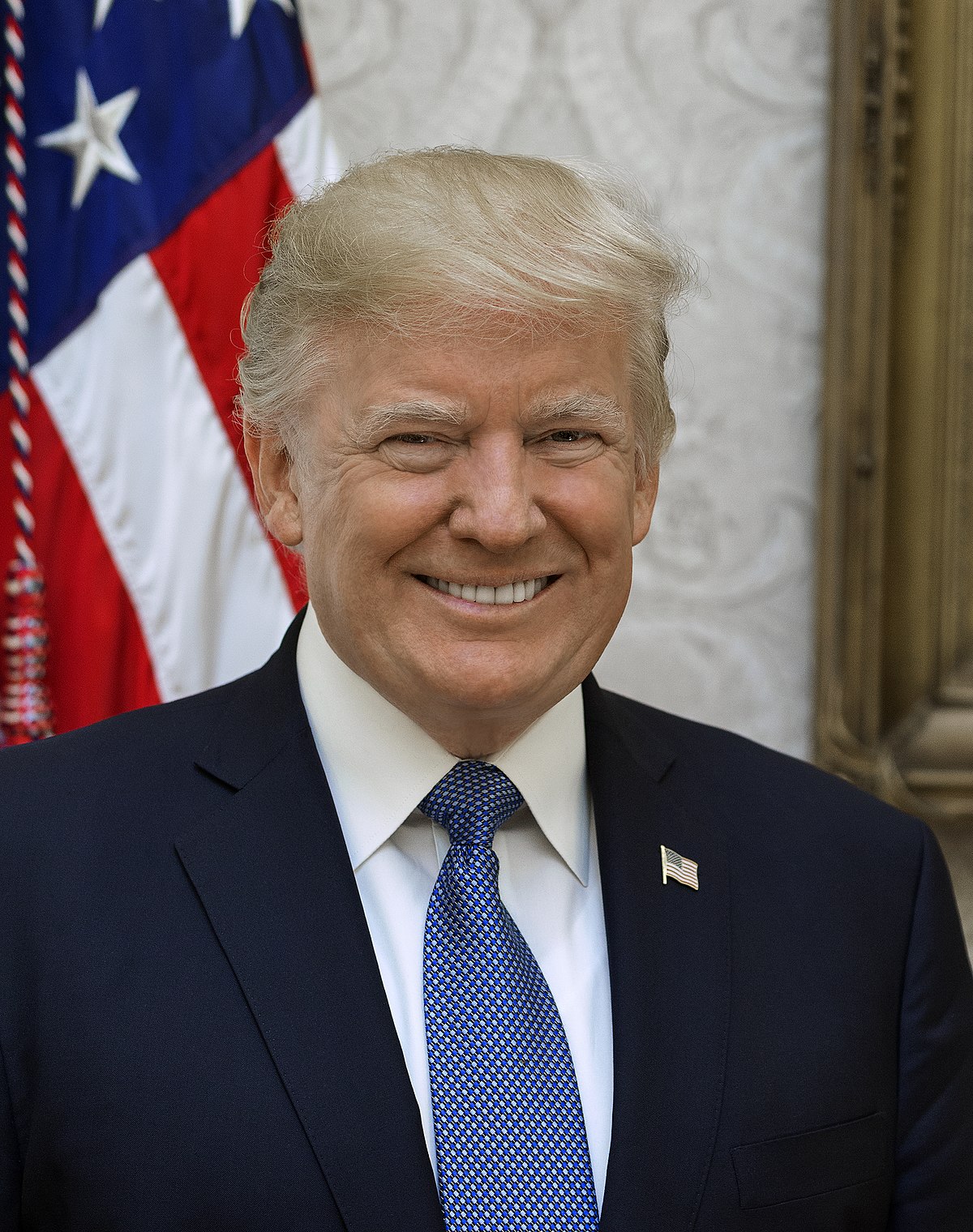Speakers Deliberate On Bill To Allow US Prosecute OPEC Members

Speakers at a Washington event on Wednesday, generally agreed that Legislation introduced in the 116th US Congress would give the federal government authority to prosecute members of the Organization of Petroleum Exporting Countries for violating US antitrust laws, although they were less certain about whether it would actually take place.
Both H.R. 948, which Rep. Steve Chabot (R-Ohio) introduced on Feb. 4 with seven cosponsors, and S. 370, which Sen. Charles E. Grassley (R-Iowa) introduced on Feb. 7 with three cosponsors, would give the US government’s executive branch legal authority to move against OPEC and its members for alleged collusion and market manipulation.
“It would not make the oil cartel simply OPEC, but any group which conspires to fix prices,” said Harry First, Charles H. Denison professor at New York University’s School of Law during a discussion on such so-called “NOPEC” laws at Securing America’s Future Energy (SAFE).
“It could become a coherent part of the administration’s strategy to support US interests,” added a second panelist, Retired US Navy Adm. Dennis Blair who formerly led the US Pacific Command. “We have to have penalties in our pockets to respond to other countries’ unfair actions.”
According to First, “These bills are very targeted. The only enforcer would be the US Department of Justice, which makes the executive branch the key player. Putting the decision there is important.”
Seth Bloom, president of Bloom Strategies, who helped draft the first NOPEC bill 19 years ago when he was on the staff of then-US Sen. Herbert H. Kohl (D-Wis.), said, “Price fixing conspiracies among competitors are illegal in this country. But foreign nations are protected by sovereign immunity and the Act of State Doctrine.”
Diplomatic implications
Asked why that and subsequent versions did not become law despite winning unanimous approval in both the House and Senate Judiciary Committees, he said that an official in George W. Bush’s administration said in 2007 that it would be vetoed for diplomatic reasons. Bloom took this to mean that it posed a possible threat to US relations with Saudi Arabia.
“But I think this bill’s time may have come,” Bloom said. “OPEC’s influence continues to grow, particularly with the addition of Russia. I’m not sure it would even be necessary to file a lawsuit if it was enacted. The mere threat could keep OPEC members in line.”
First said, “Unless Congress gives a specific exemption, antitrust laws apply to every industry.” He noted, however, that Congress included an exception for commercial entities when it passed the Foreign Sovereign Immunity Act in 1976. The current NOPEC bills say this clearly applies in global crude oil and petroleum product markets, he said, adding “Antitrust cases involving foreign entities generally have been brought against state-owned enterprises. That said, there’s been a recent uptick in actions.”
Andrew Morriss, dean of the School of Innovation and vice-president for entrepreneurship and economic development at Texas A&M University, noted, “Let’s not forget that monopolies always have bad consequences. Stopping bad actors is about more than prices. It would help encourage innovation.”
Source: OGJ





























